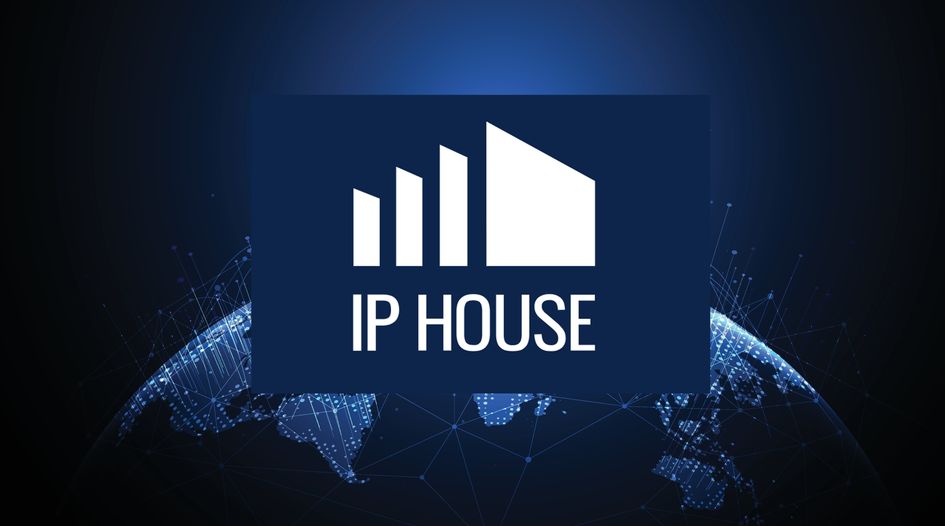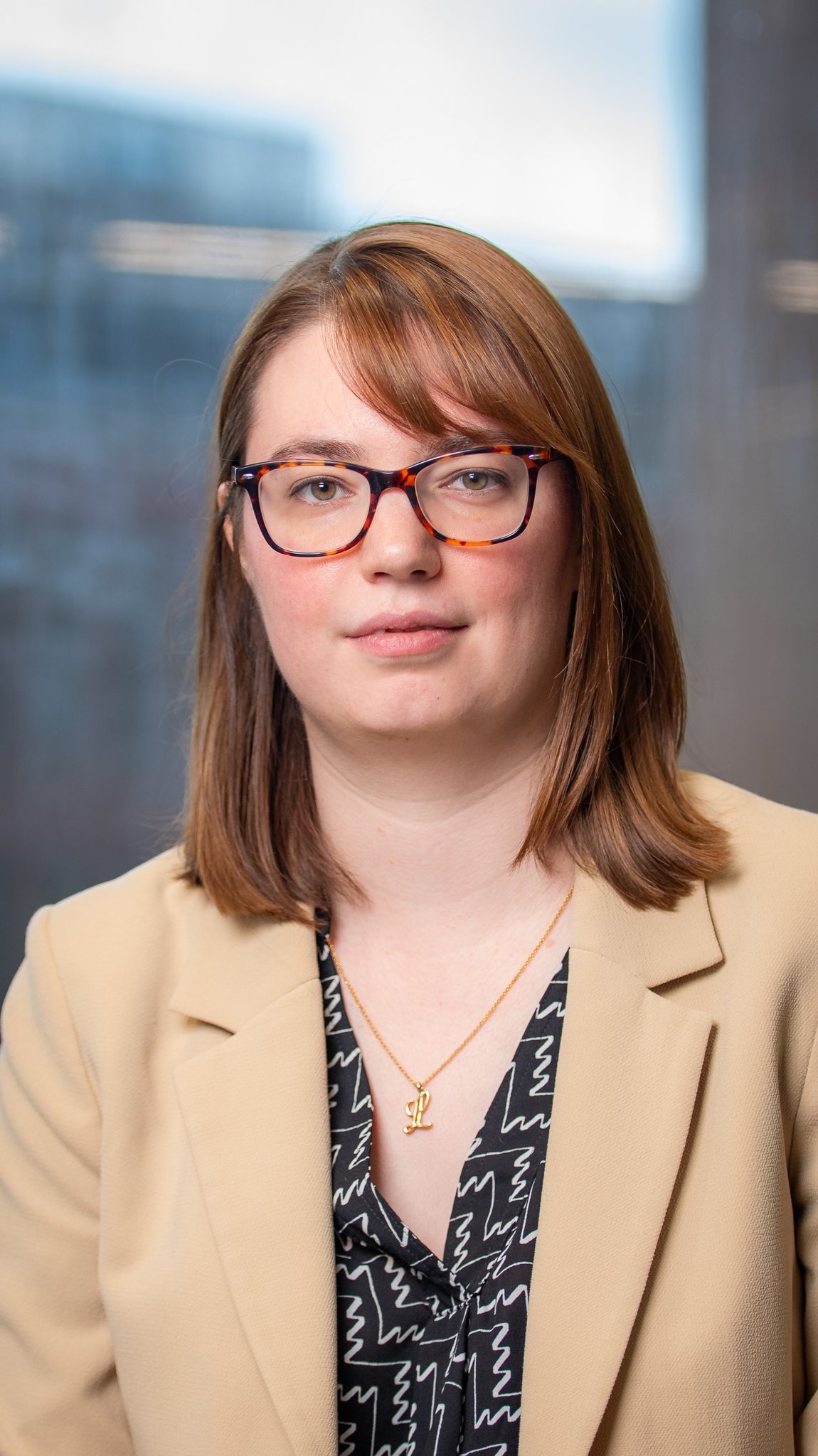Veteran enforcers unite to launch “truly global” IP protection company

- Former IPR Center director and MPA strategist launch new, full-service IP protection company
- Founders promise that services will be “proactive” and “truly global”
- Data-driven approach will enable “high-impact” investigations and enforcement
IP protection veterans Steve Francis, former director of the US National Intellectual Property Rights Coordination Center (IPR Center) and executive associate director for Homeland Security Investigations (HSI), and Jan van Voorn, former content protection strategist for the Motion Picture Association (MPA), have joined forces to build an IP protection company that they say meets a critical gap in the market.
Launched on 7 May, IP House is the first IP protection service provider to offer a “proactive” and “truly global” approach to IP investigation and enforcement, executive chair Francis and CEO Voorn insist.
In an exclusive interview with WTR, they explain how the company’s data-driven approach will ensure that rights holders receive a high return on their investment – and elaborate on how their experience in both the public and private spheres of IP protection has informed the company's strategic vision.
“It was really tough to focus on certain brands”
The IPR Center was not always able to meet the needs of the private sector as it relates to IP crime, Francis tells us, reflecting on his time at the agency. The centre's limited resources meant that most cases taken on had to align with federal priorities – namely, national security, Department of Defense supply chain infiltrations, and health and safety threats. “It was really tough to focus on certain brands if they didn’t meet those criteria,” Francis recalls.
Later, when Francis was serving as executive associate director for HSI, he started producing a “white paper” for an IP protection company that might be able to fill this void. “I had this vision… that it would be great if we had this global, private sector presence that actually had the online and offline [IP protection] capability,” he explains.
Francis successfully pitched his vision for IP House to a US-based investment firm in April 2023 and to Voorn, whose motivations for joining the company are differing, if parallel.
In IP House, Voorn saw the opportunity to apply the same centralised and collaborative approach to combatting content piracy that he had successfully developed for the MPA and anti-piracy coalition the Alliance for Creativity and Entertainment (ACE) to a broader spectrum of IP crimes.
“We saw that if you bring people together, if you're really a global ‘one-stop shop’, that's really effective,” he recounts. “So, when Steve approached me and when I met the investors and they explained the thesis to me, it was a no brainer, because I was doing it in a narrow field – just content copyright – and I saw a huge opportunity to do it for everything… for the IP sector as a whole.”
“You need to disrupt”
Although coming from starkly different organisations, Francis and Voorn share similar views on how IP crime is best tackled. Their ambition for IP House is to build a company that can pursue “high-impact” cases, rather than simply disrupting infringement in a temporary and limited way – which they argue is all that most IP protection companies currently offer brands.
There are “a lot of these notice and takedown vendors that are just going out there to take stuff down and remove it”, Voorn says. “It comes back; they remove it again. But they don't escalate those cases,” he laments. “You need to disrupt. You need to send notices; but you need to do more than that,” he argues.
“What we've been hearing repeatedly, [and] what we've seen is that… [IP protection is] ‘Groundhog's Day’ or it's playing ‘Whack a Mole,’” Francis adds in agreement. Notice and takedown numbers are not “impactful metrics”, he says. Rights holders need to ask, “What's actually happening after that?”
As well as being limited in their impact, most IP service providers are limited in their reach, Francis and Voorn argue. “A lot of these companies or point solutions out there say, ‘We're global,’ but they're based in one country or one region and they operate in seven countries at max; nobody's really, truly global,” Voorn claims. “It's notice and takedown ‘globally’, but just notice and takedown. It’s investigations ‘in a region’, but just in that region,” he observes.
The aim of IP House is to bring this patchwork of IP protection capabilities under one roof, Voorn explains. So far, the company has acquired IP protection service providers in Brazil, India, Mexico, Türkiye, the United States and the United Kingdom. “What we are building is a truly global footprint,” Voorn insists. “All these companies together are creating that truly global footprint that can do investigations, litigation, criminal referrals, test purchases, control buys – basically everything you need in the IP space to bring a case from A to Z.”
As a result, IP House is lofty in scope and ambition. Yet Francis and Voorn insist that their services remain appropriate for smaller-sized companies and those who believe that their IP infringement issues are limited to a particular jurisdiction or IP crime.
“If you, as a company, are just looking at a very narrow field or you think this counterfeit issue only relates to one country or one particular region, you're approaching it in the wrong way,” Voorn insists. Behind IP crime, there is usually a “global network”, he notes. “Money goes to one country, services are hosted in another, and goods are being produced in some market that are [then] being shipped globally. So, it's not smart to look at it in a very narrow way,” he argues. “If you really want to bring high-impact cases, you need to take a step back and take a global approach, to make sure you actually turn cases into return on investment.”
Delivering a high return on investment is IP House’s central promise to its clients. This promise will be met by:
- building cases that are readily actionable by law enforcement; and
- going after infringers where it is most damaging.
"We want to dismantle, disrupt these bad actors and go after the finances," Francis says.
“We want to landscape the counterfeit issues… and pitch those high-impact cases”
At the executive level, IP House benefits from first-hand knowledge of what it takes for law enforcement agencies to act on IP cases. From his 25-year career in US law enforcement leadership, especially his time as the director of the IPR Center, Francis understands that rights holders who can provide their own investigative work are more likely to have their referrals taken onboard. “It was really helpful when the private sector industry was handing us these investigations on a ‘silver platter’, in the sense that a lot of the background and investigative work was already done,” he recalls.
Additionally, the IPR Center was more likely to take on cases where there was evidence that multiple companies or industries were affected by the same infringers. “I think the model that really works is when there are multiple sources of information – whether it's a private sector or an organisation or association – actually bringing together the referrals that [show] all the industries are being impacted upon. Because there's a lot more motivation to go after a bad actor or actors when you have seven to 10 different industries being impacted by the same kind of organisation,” Francis stresses.
Part of IP House’s approach, therefore, is to use data to help bring together companies and industries that are being targeted by the same IP criminals or units. “We want to landscape the counterfeit issues, see where there's overlap with brands and pitch those high-impact cases in a proactive way to the industry,” Voorn enthuses.
As a case study, Voorn highlights an individual in Türkiye who was found to be participating in organised crime, including pharmaceutical counterfeiting targeting three pharmaceutical company brands. IP House will “present the three brands with a plan from A to Z on how we will tackle this – not just disrupt it or send this guy a letter but really [offer] a whole approach in terms of taking that whole operation down”, Voorn says. If the impacted brands work together, “it will be cheaper for them, and it will be far more effective”, Voorn insists. “And that's really what we're here to bring to the table.”
The status quo is for rights holders to approach IP protection firms or service providers with a pre-identified infringement issue. IP House plans to turn this on its head. “We are going to the brands, in the pharmaceutical industry, or whomever is impacted by piracy, based on our data and we ask them ‘Have you seen this mid-level issue you have here in these regions? And this top-level issue in this particular country’?'" Voorn explains. "They can then take it or leave it, of course, but we want to be that proactive vehicle out there."
“We want to be impactful,” Voorn concludes. “Of course, we want to build a successful business, but what gets me out of bed every morning is really going after these guys and really making a difference in the world. That's what I've always done when I was in law enforcement. That's what I did for the movie industry. That's what I want to do here now.”


